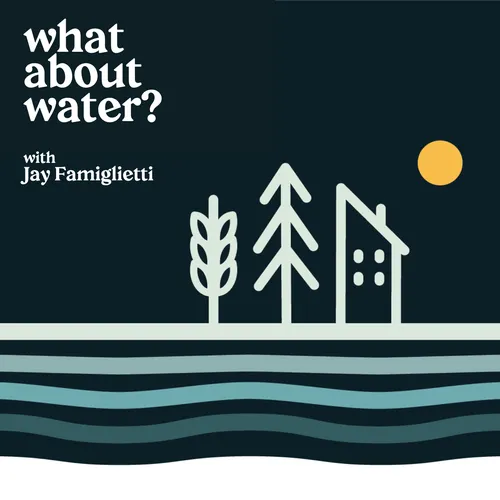
What About Water? with Jay Famiglietti
"What About Water? with Jay Famiglietti" connects water science with the stories that bring about solutions, adaptation, and action for the world's water realities. Presented by Arizona State University and the University of Saskatchewan, and hosted by ASU Professor and USask Professor Emeritus Jay Famiglietti.
- Update frequency
- every 11 days
- Average duration
- 26 minutes
- Episodes
- 72
- Years Active
- 2019 - 2024

Go With the Flow: Erica Gies on Embracing Water's Natural Path
What happens when we change our relationship to water? Can we stop trying to control water and just go with the flow?
Erica Gies, environmental journalist, National Geographic Explorer, and author of…

Sewage Spillover in 'Mexico's Toilet Bowl': The Endhó Dam Crisis
The Endhó Dam north of Mexico City has been called “the largest septic tank in the world” and “Mexico’s toilet bowl”. Once designed to solve water problems in the region, it now receives wastewater f…
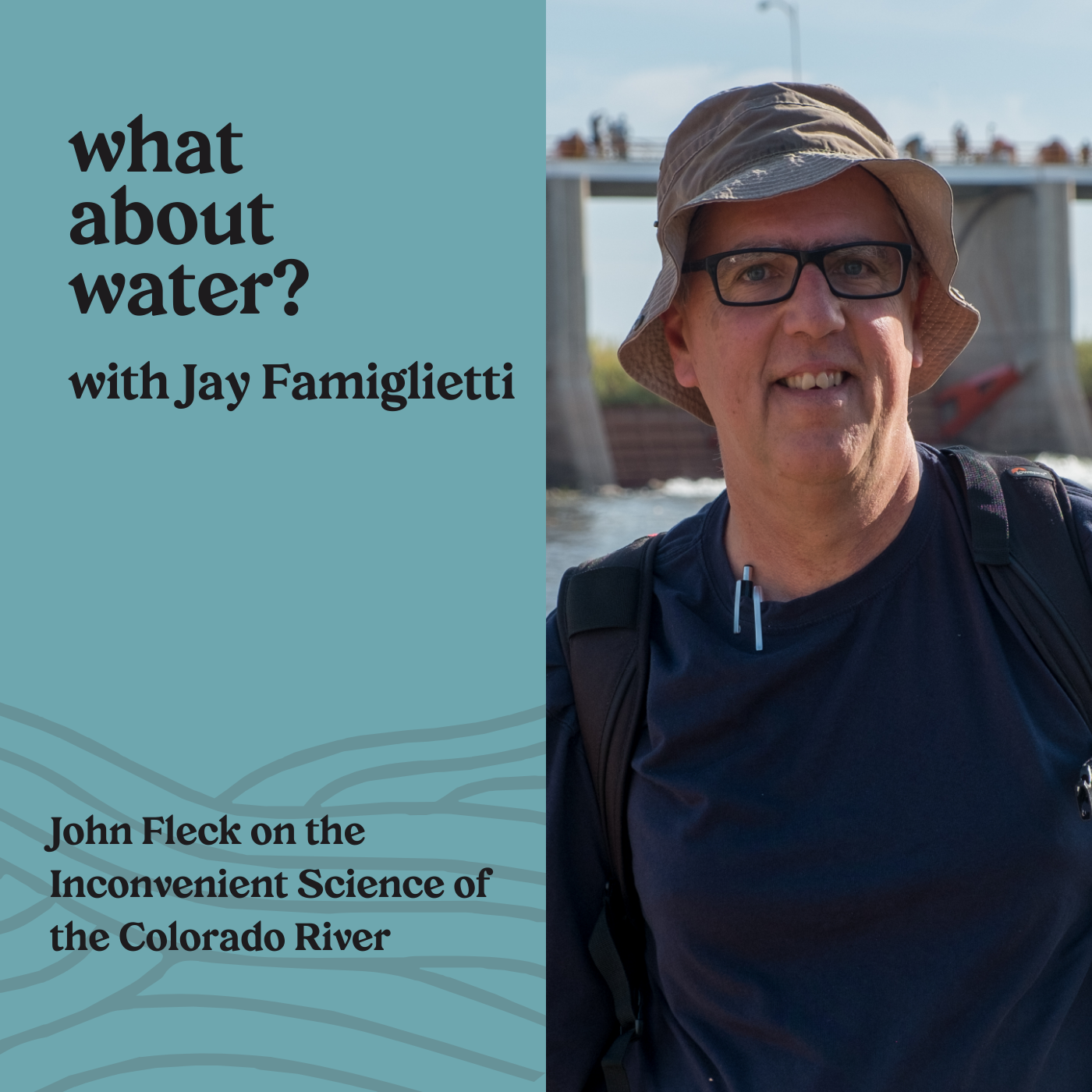
John Fleck on the Inconvenient Science of the Colorado River
What happens when science gets in the way of ambition, politics, and progress?
With a look back at the historical figures and forces that led to the overallocation of the Colorado River, and the cons…
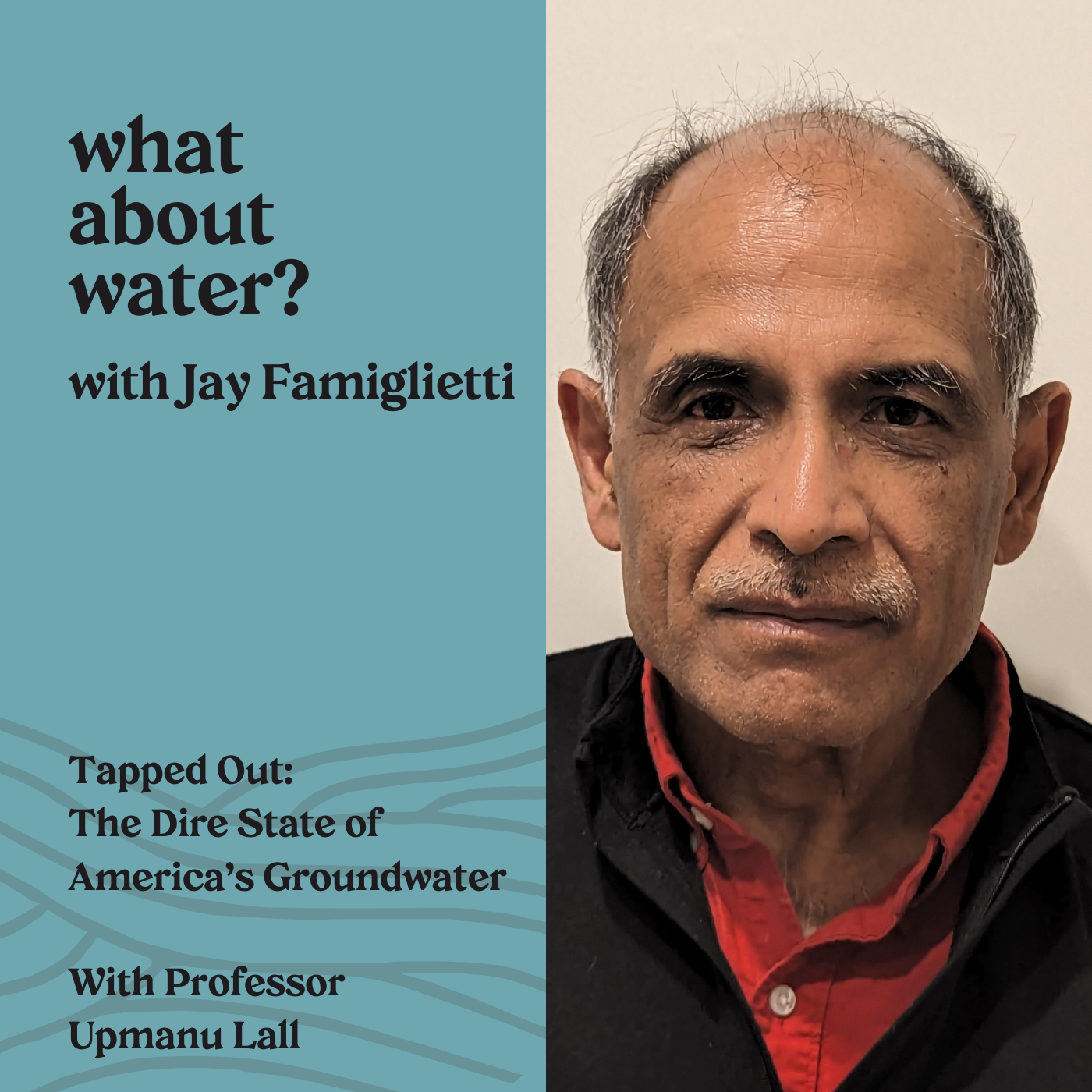
Tapped Out: The Dire State of America’s Groundwater
Humans are burning through our fossil fuels, and we're burning through our groundwater at an alarming rate. But are the powers that be even listening?
On this episode, Dr. Upmanu Lall joins host Ja…

Water Costs Money: How Gary White and Matt Damon are Bridging the Gap
The World Bank estimated in 2016 it would take $1.7 trillion USD to achieve universal access to clean water and sanitation by 2030. By other estimates that amount is now even higher.
Gary White is…
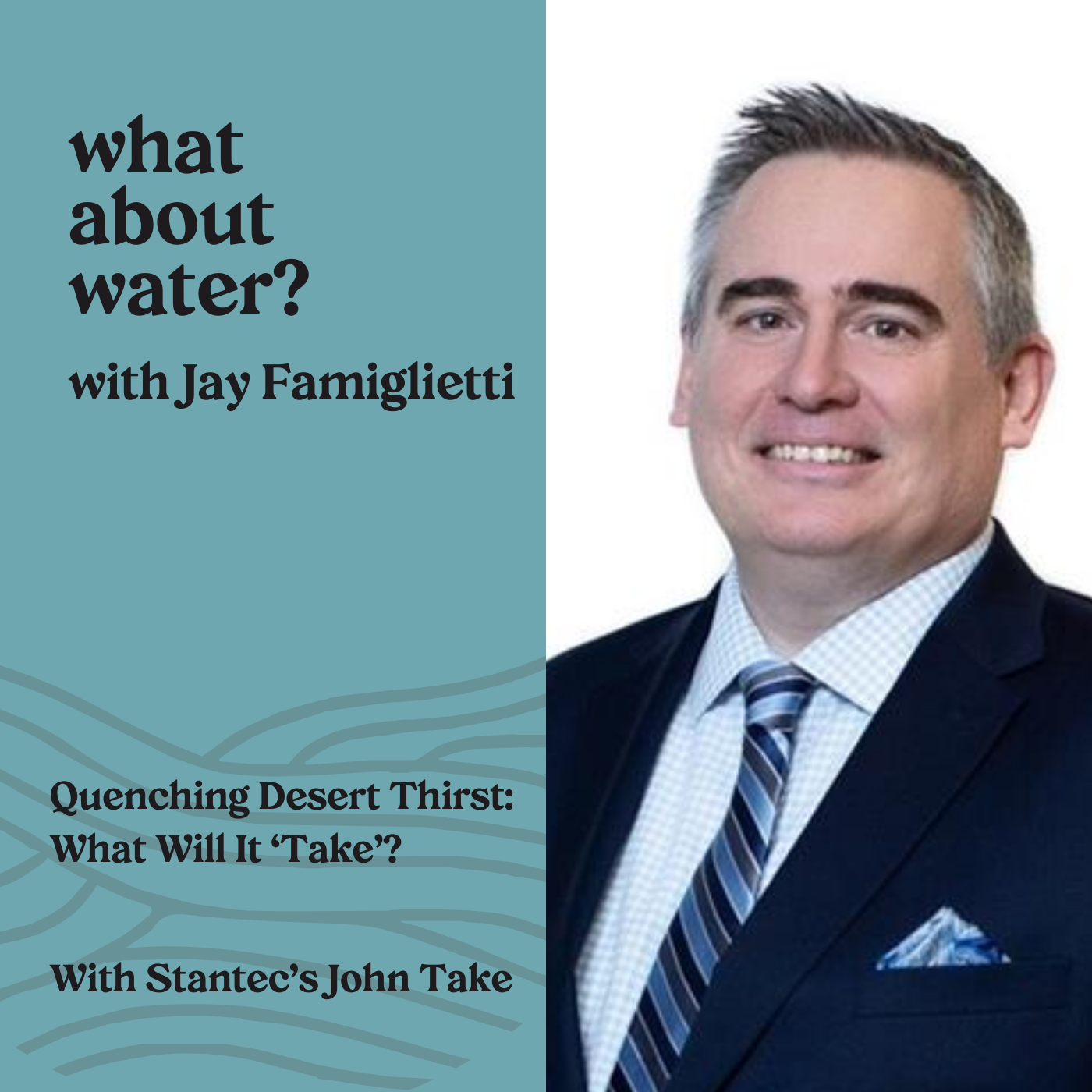
Quenching Desert Thirst: What Will It ‘Take’?
What is the true price of water? Considering growth and climate, how do we address the gap between demand and supply? Could we achieve water security by moving it across borders to dry regions like t…

Season 5 Trailer
Freshwater is essential for life on Earth, but analysts at the World Bank say more often than not, there's either too little, too much, or the water is contaminated and polluted.
We look at whether d…

Drilling Deeper Won't Fix This
People in the lower Colorado River basin are now witnessing drastic cuts to their allotments. In many cases, developers find alternate sources of water by drilling into underground aquifers. But in p…
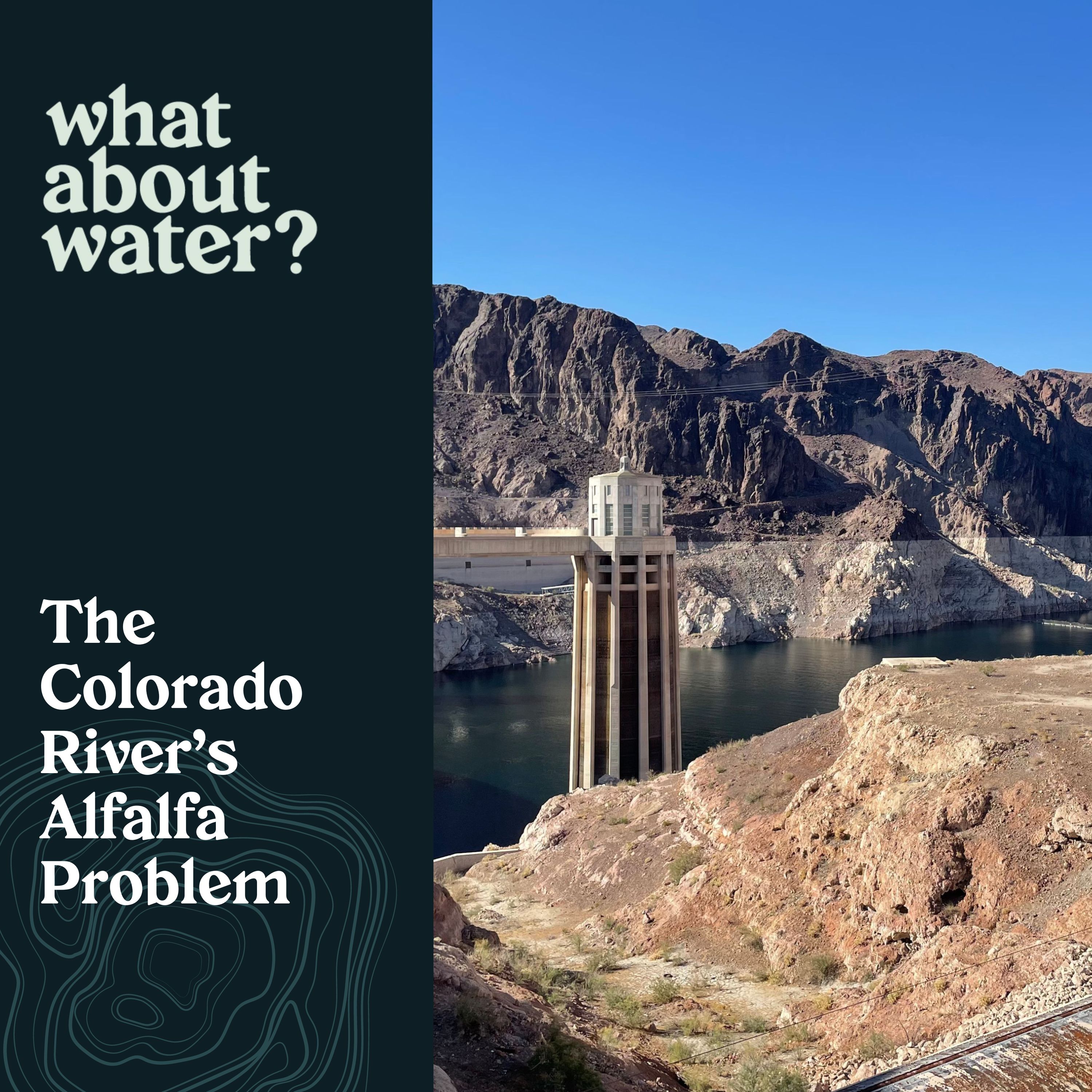
The Colorado River's Alfalfa Problem
The meat and dairy industries are some of the biggest water users in the American West, thanks to one of cows' favorite foods – alfalfa. As aridification continues across the American southwest, wate…
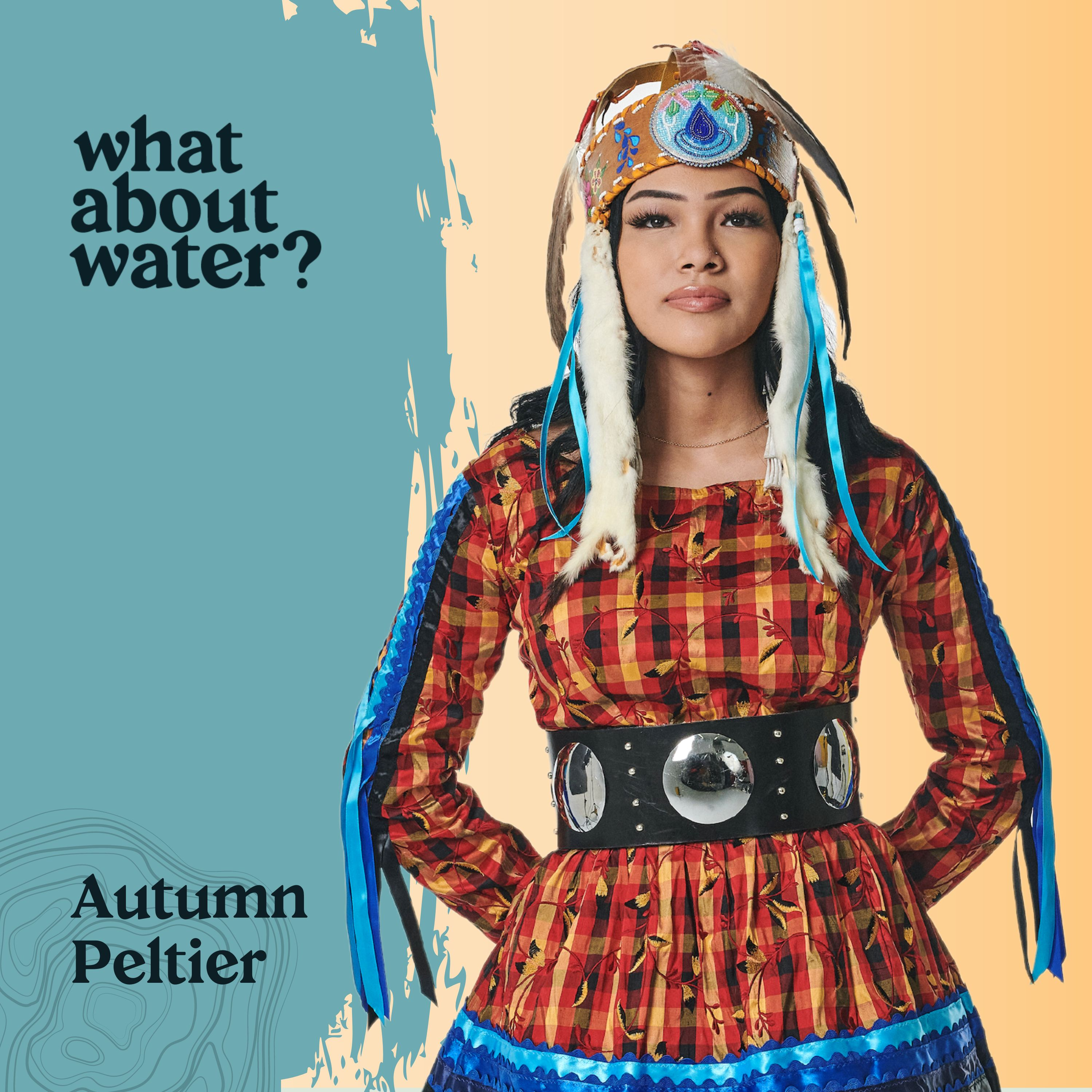
World Water Day 2023 with Autumn Peltier
When Autumn Peltier was eight, she learned the tap water on a neighbouring reserve wasn’t safe to drink, or even to use for hand-washing. That injustice triggered her decade-long advocacy campaign fo…
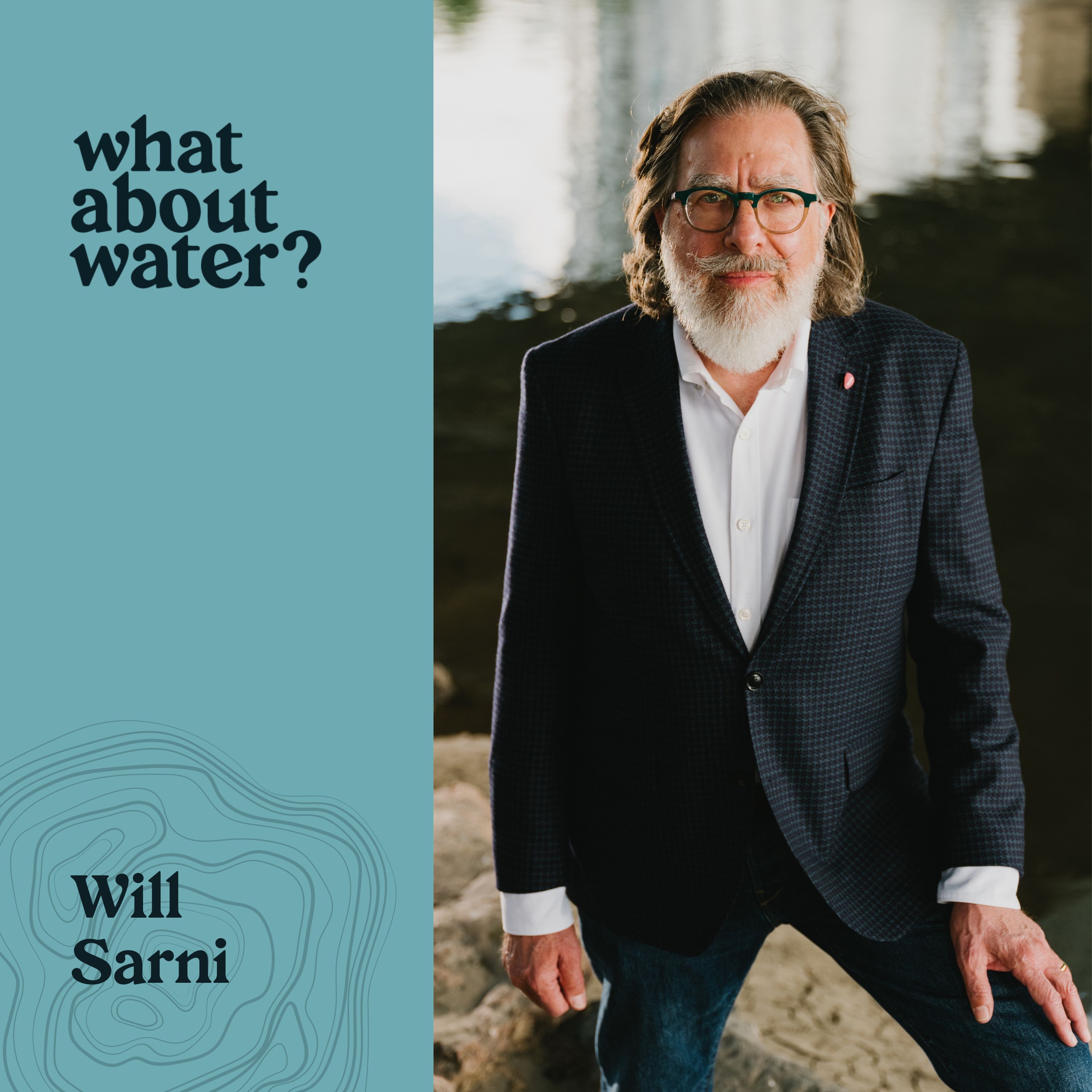
Will Sarni: Can We Tech Our Way Out of Wicked Water Problems?
Can we really “tech” our way out of freshwater shortages, scarcity, and pollution?
In our Season 4 finale, we’re asking the big question of the season – will new water technology be enough to solve w…
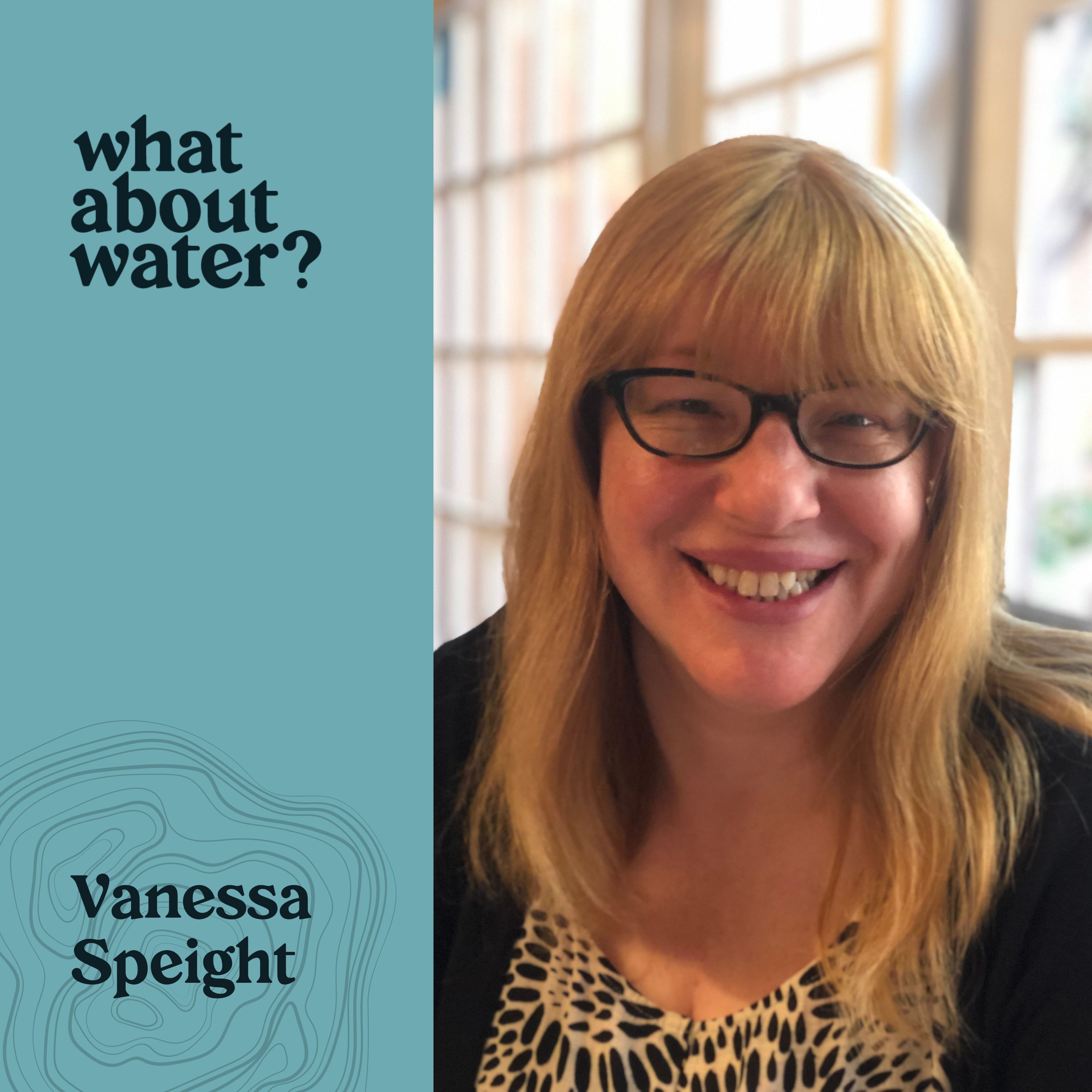
What Lurks Beneath: How Robots Can Save City Plumbing with Vanessa Speight
In this episode, we’re going underground, undersea and into your water and sewer pipelines with science fiction’s favorite problem-solvers…robots!
Jay sits down with Vanessa Speight, a professor of I…
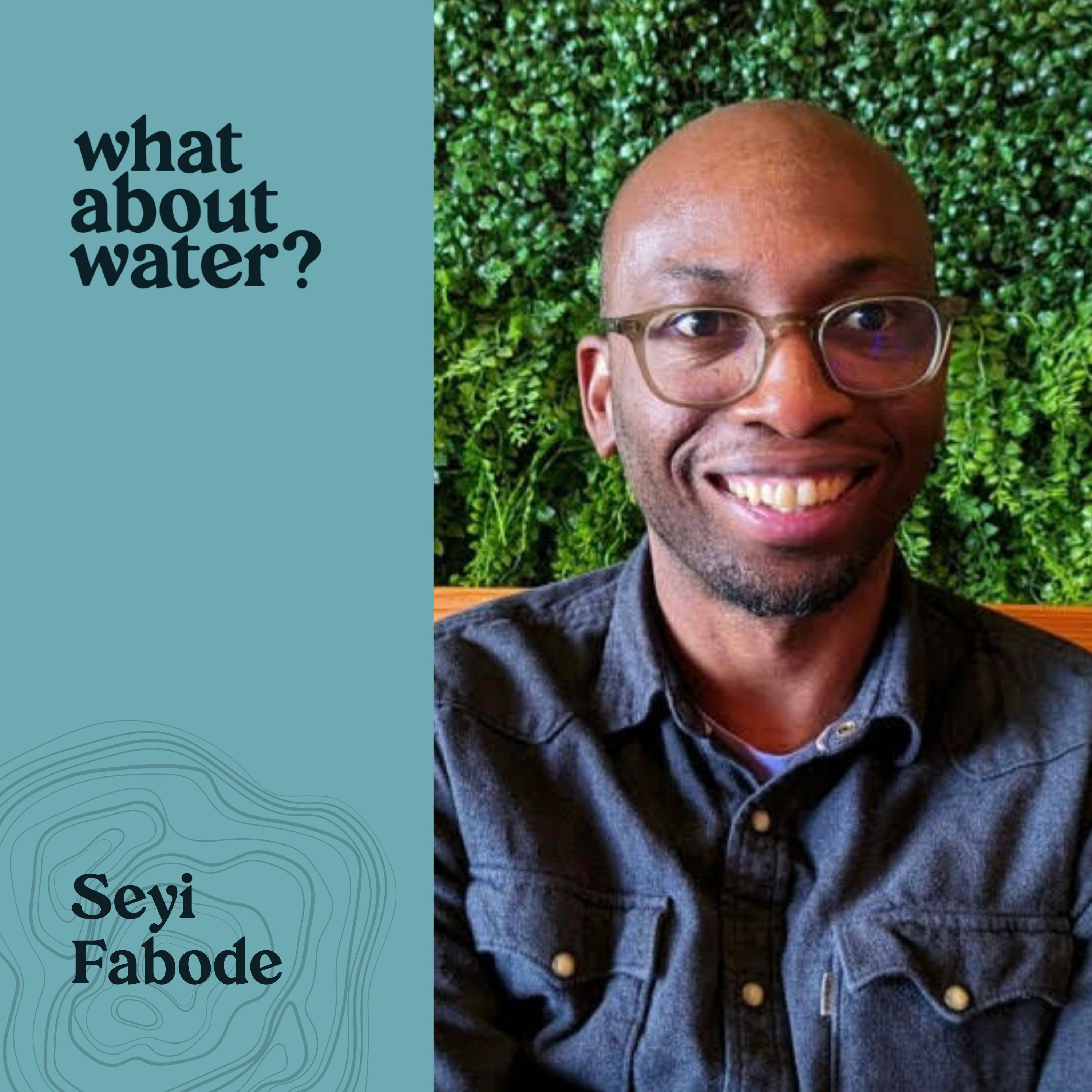
An AI Fix for Aging Water Systems with Seyi Fabode
On this episode of What About Water? an entrepreneur in Austin, Texas turns his dishwasher sensor into a tech startup that’s feeding water utilities snapshots of their water quality in real time.
J…

Chemical Cocktails: What’s in our Groundwater? with John Cherry
If it’s not stuck in glaciers or polar ice, 99 per cent of the world’s freshwater is groundwater. Water underground supplies nearly half of the world’s drinking water. But what happens when dangerous…
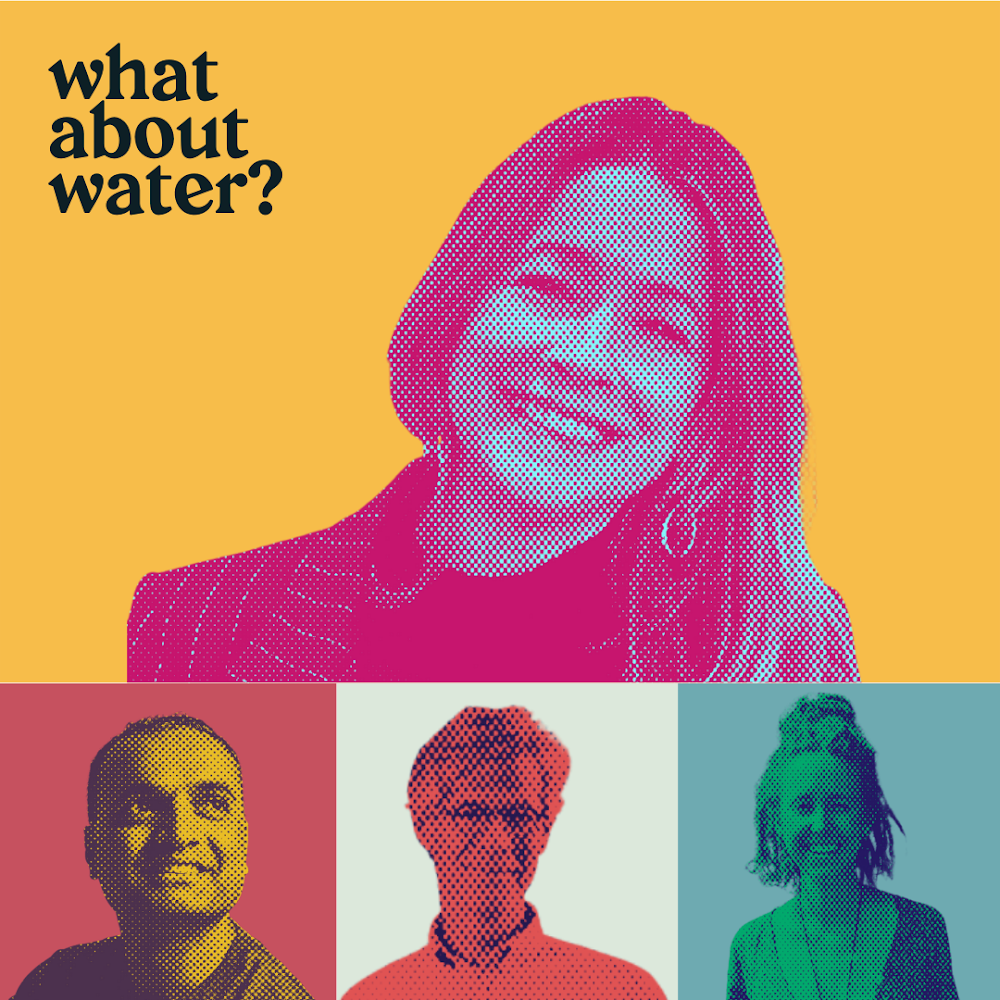
Dirty Laundry: Water and the World of Fast Fashion
Call the fashion police! In this special holiday edition of What About Water? we dive into the apparel industry’s dirty secret: its water use. Behind oil and gas, fashion is the single most polluting…
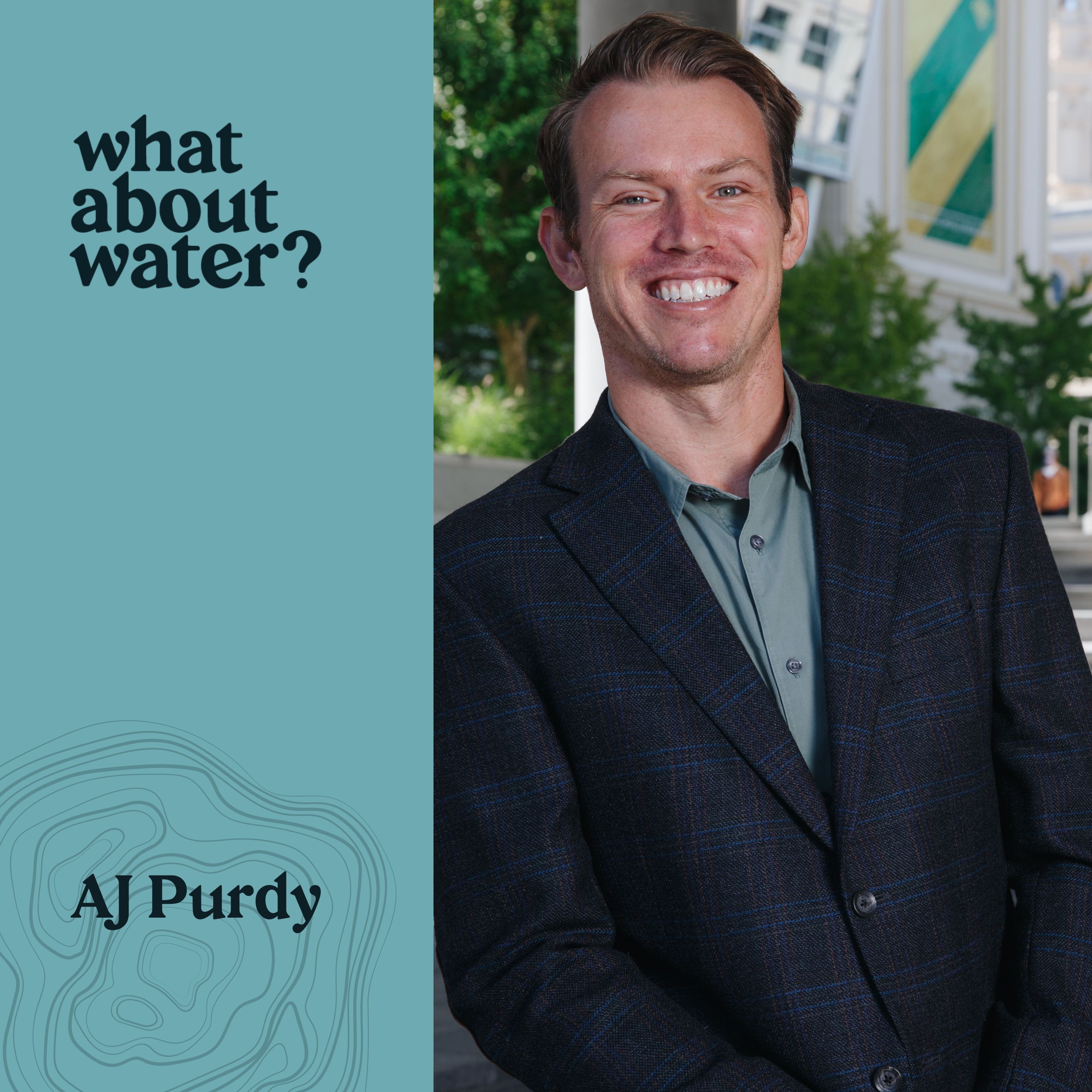
Into Thin Air: A Smarter Way to Water Crops, with A.J. Purdy
How can we measure water when it disappears into thin air?
On this episode of What About Water? we’re looking at evapotranspiration, or “ET” for short. It’s the combination of water evaporating from …
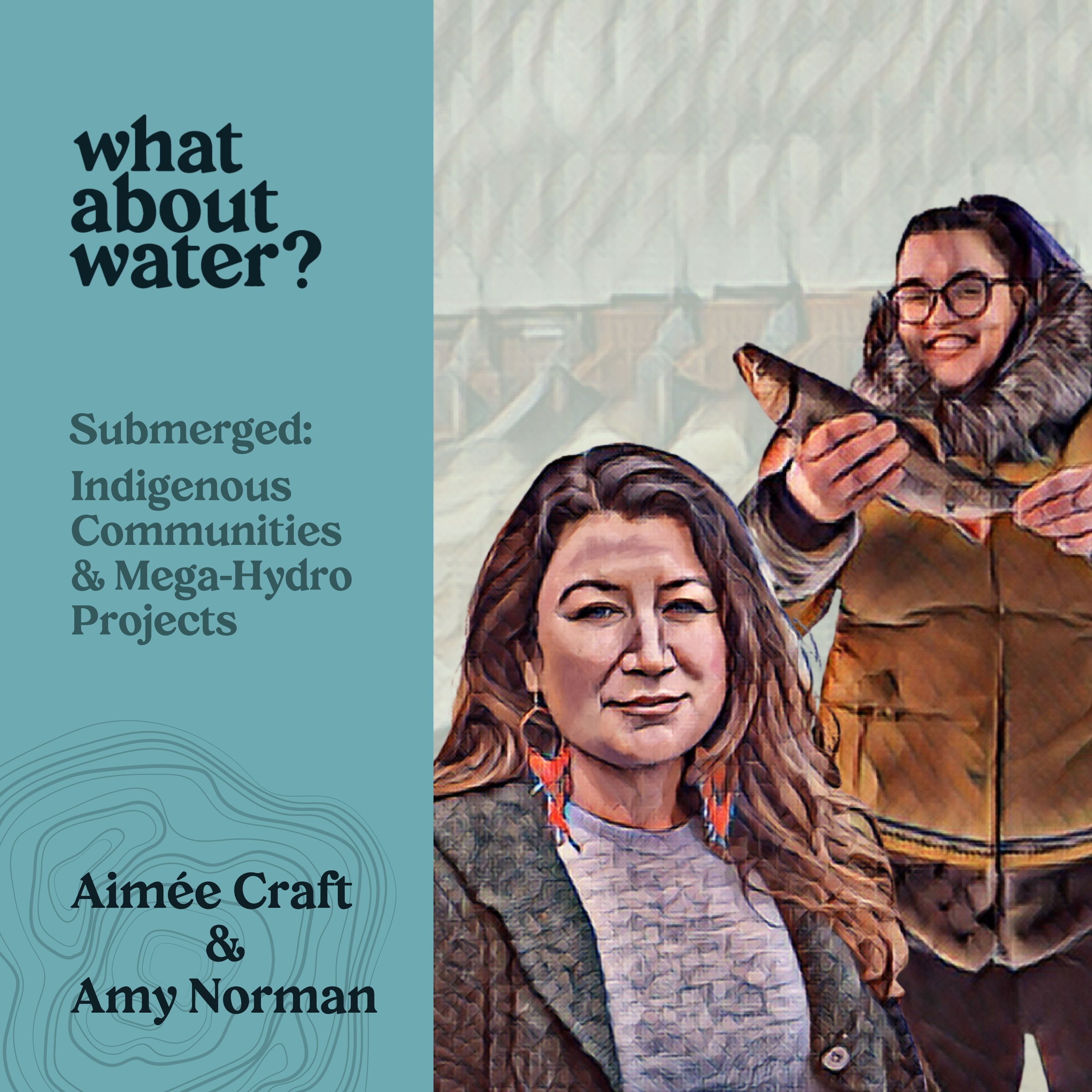
Submerged
In the quest to find clean, renewable sources of energy, we turn to a familiar method: hydroelectricity. Today, the ancient method of harnessing the power of flowing water is hitting enormous new hei…
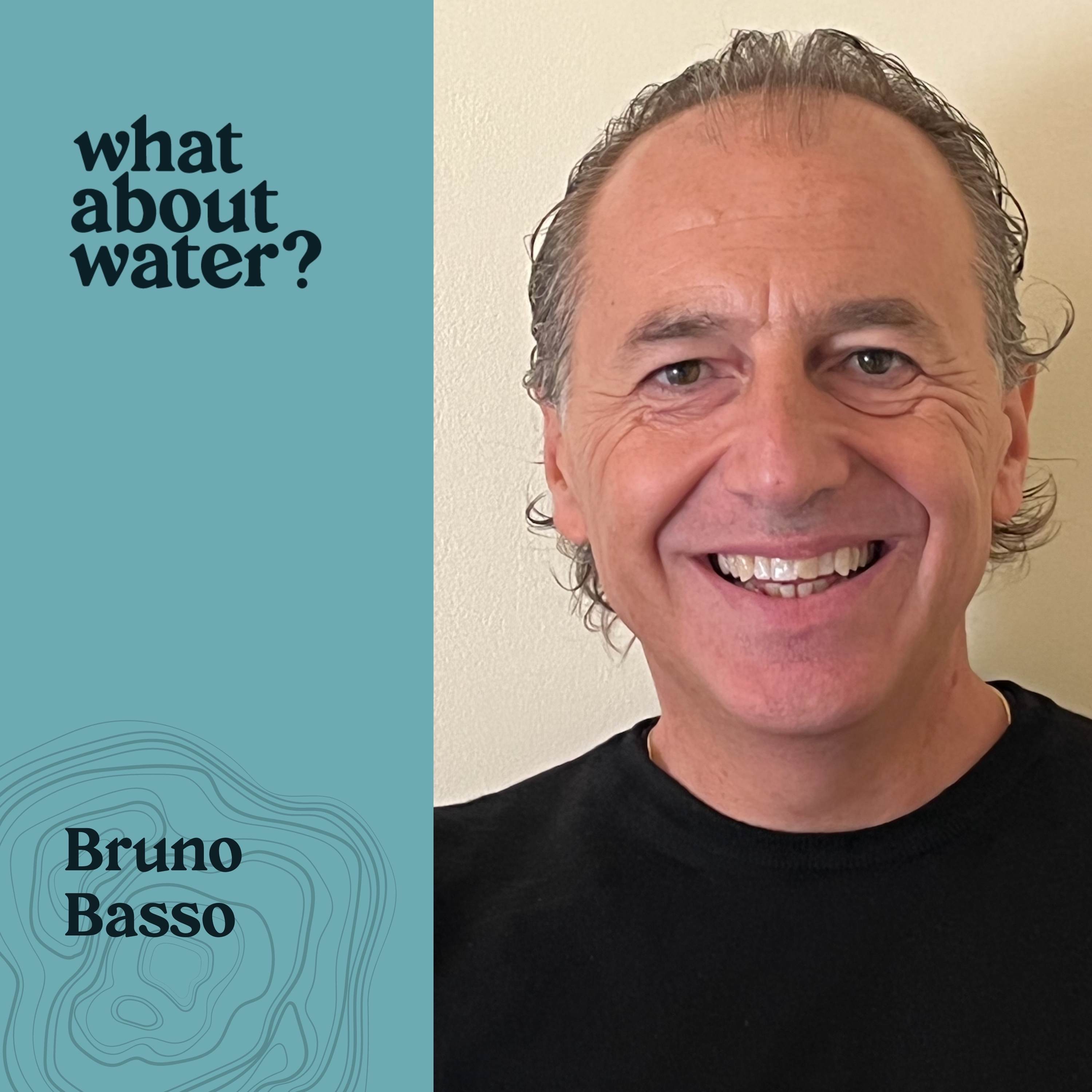
Field Smarts: Protecting Farmers’ Wallets and Our Water, with Bruno Basso
It’s estimated that by 2050, we’ll have over 9 billion people on earth. To feed everyone, we will need to produce 60 per cent more food - and we'll need to grow it using less water.
On this episode o…

Under the Sea: Hidden Freshwater Reserves with Brandon Dugan
By 2025, experts predict over half the world’s population will live in water-stressed areas. With a number of our freshwater resources on land receding, is it time to look to the ocean - or, rather, …
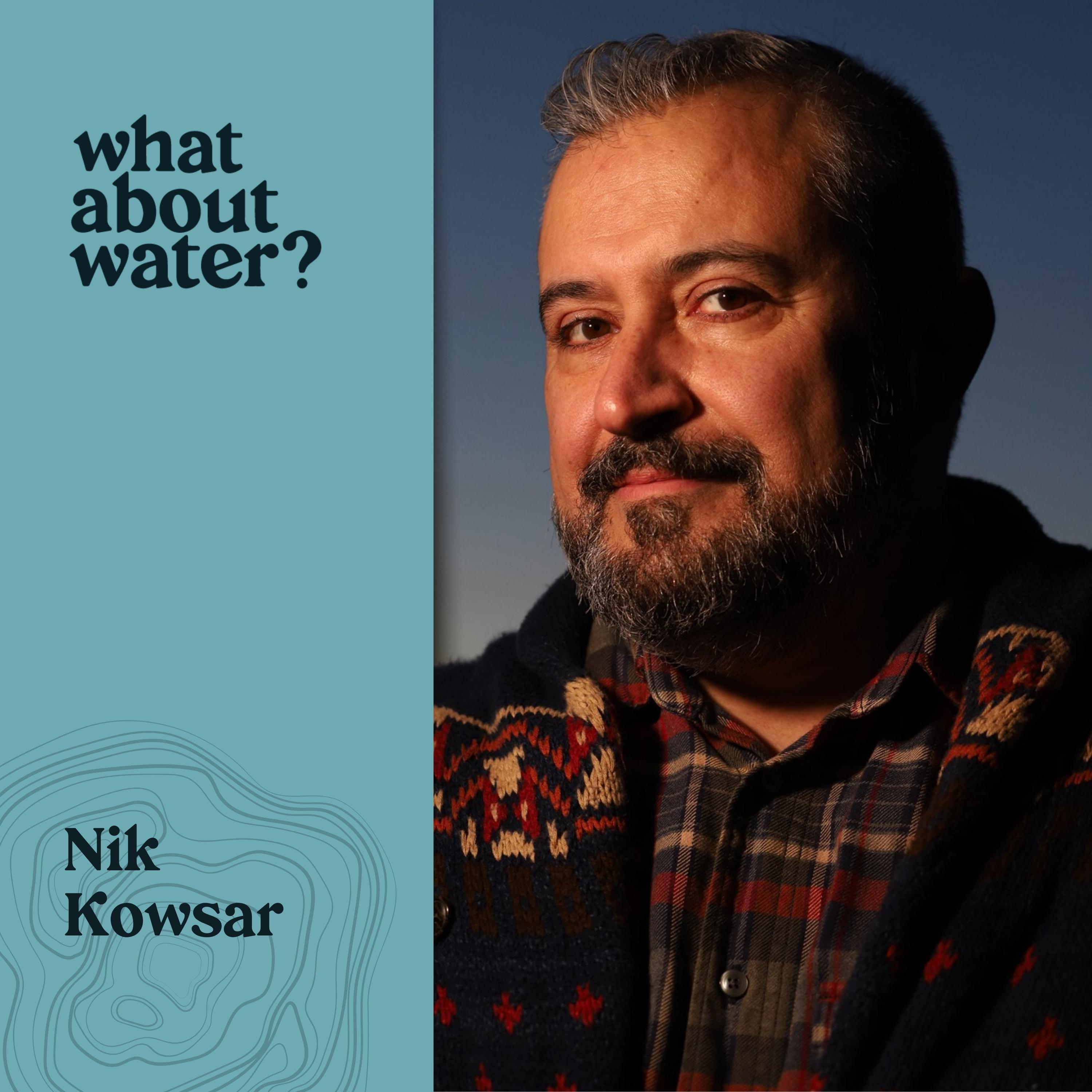
Running Dry: Nik Kowsar on Iranian Censorship and Water Scarcity
For Nik Kowsar, civil unrest in Iran is not new. As a geologist and journalist, he's been sounding the alarm about water shortages and censorship in his home country for decades.
After being arrested…